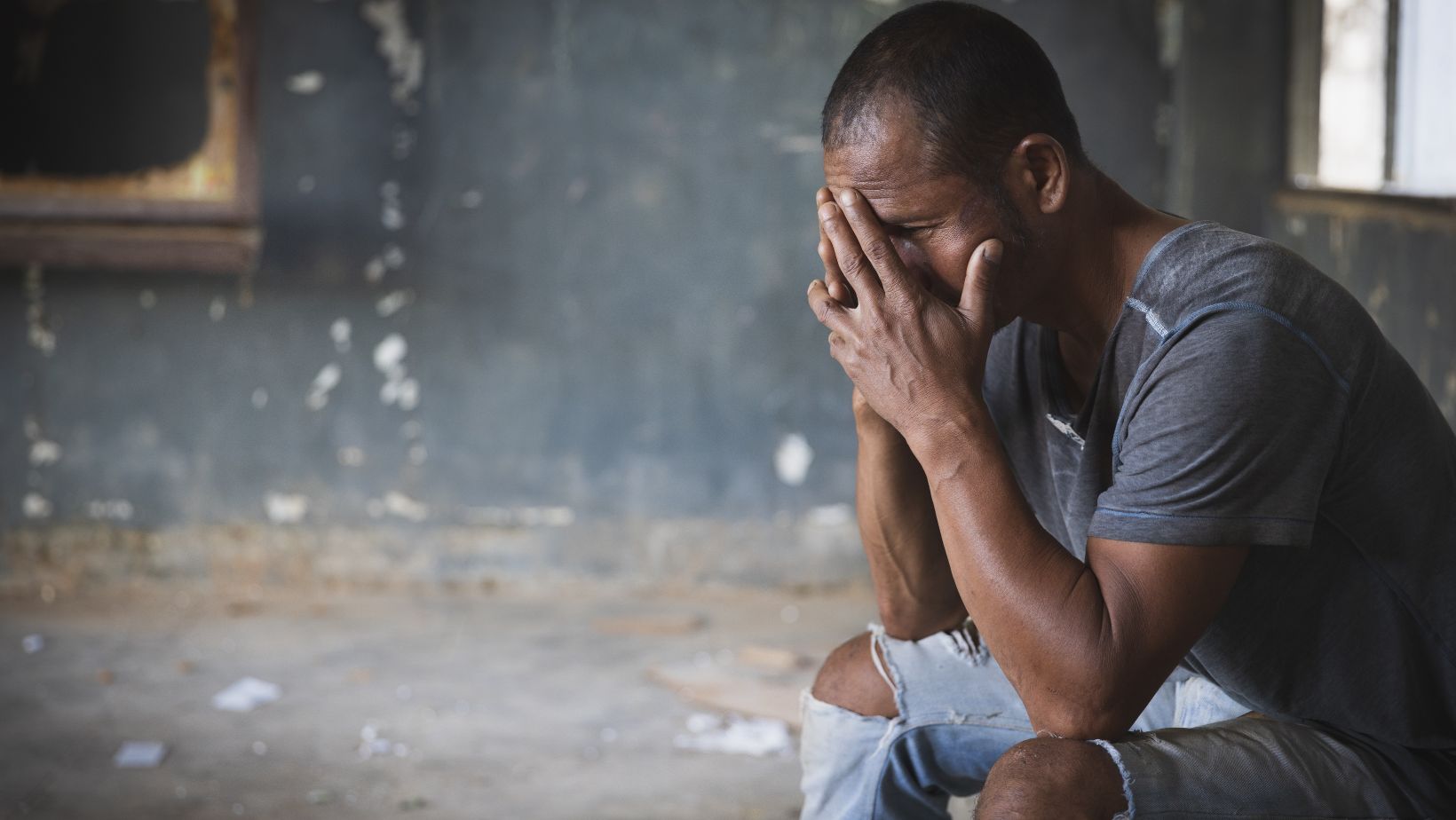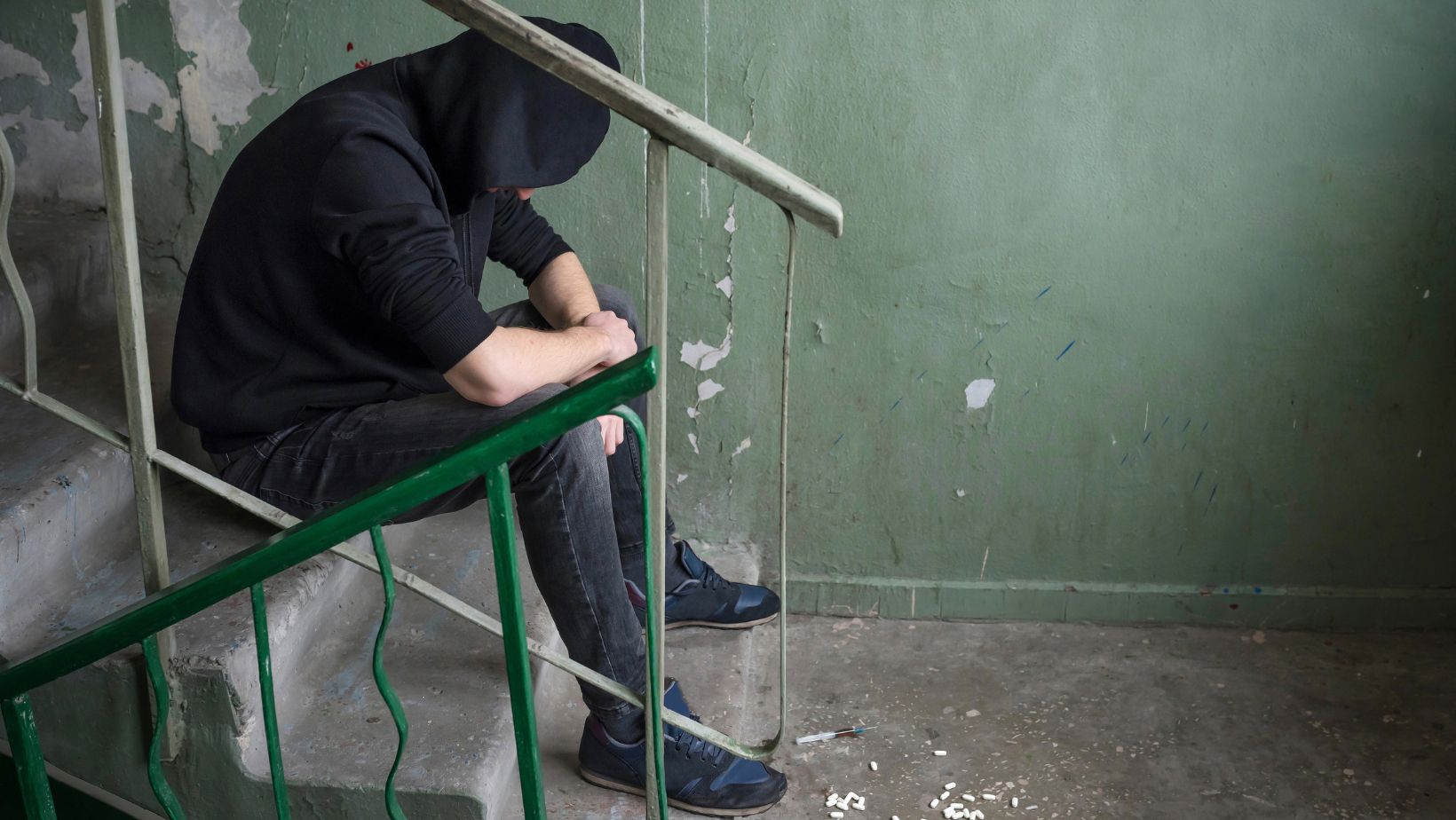Come and let’s face it together!
Talking about your addiction history, treatment, and recovery is always challenging. We know it’s tricky and uncomfortable, and some may get crushed under shame and guilt.
But Hey, There is always a light of hope in the darkness.
Feeling all kinds of emotions and being unable to talk openly about them is common among people who are going through the same journey as you.
You’re Not Alone. And you don’t have to be lonely.
This guide will guide you to make this conversation real with your friends and family while discarding the feeling of walking with a burdened soul.
Understand The Stigma: Why Addiction Is Misunderstood
Addiction isn’t lovely. We all know that.
But it’s highly recommended not to feel like a rat in a maze.
Drug abusers are generally treated as a failure of moral values rather than taking it as a severe medical condition. This mindset always fuels this stigma in our society.
If you or people around you start dealing with it like other chronic diseases such as diabetes or heart disease, you will feel relaxed in addiction treatment and social talks.
With this stigma, the addicted people usually don’t ask for help, especially not to purchase premium addiction treatment plans.

A sigh of relief is that various free rehab centers are there to guide you about breaking down these harmful misconceptions.
How Stigma Affects Those In Recovery
You know, it changes you, not them!
If society makes judgments about you, you start to internalize them in your personality, which leaves you with guilt and shame__ The beginning of your isolation period.
There is a dire need to change your mind about addiction, which will then support your successful recovery without barriers.
This will not only treat your substance abuse but also break down all those typical and narrow-minded thoughts of others about addiction.
Tips For Talking To Friends And Family About Your Addiction
Now, let’s get into the real thing.
How can you start your conversation with your friends and family?
Take one step at a time.
First, you need to be honest about your struggles and recovery from addiction.
Hold on. Don’t explain everything in a single go; take pauses in conversation.
Be comfortable and share your feelings about what their support means to you.
You know, sometimes your loved ones are looking for you to open up first, and when you do, you have all of their support, even more than you could have imagined.
The Importance Of Setting Boundaries In Conversation
Remember, your journey is personal!
If free conversation is essential for your mental health in addiction, then there is a need to have some boundaries for sharing experiences.
Sometimes, people start making things more complicated for you instead of empathy and care. If you feel it at any point, gently break your conversation and leave with an excuse.
How You Can Support A Conversation About Addiction?
You can be a good listener!
When someone opens up about their addiction, try to feel their emotions, understand their struggles, and be a supportive pal.

Think about how you would want to be treated if you were in their place, and then treat them the same.
They are trying their best. So, Don’t be judgmental and educate yourself about addiction and recovery to better understand what they are going through in their lives.
Always be humble and supportive, and skip the biases you might have.
Conclusion
In the addiction treatment and recovery phases, you don’t only need supportive care from all those medications and therapies. The actual support comes with the discussion about addiction. Unfortunately, our society has made it impossible.
We should promote engagements in conversation, encourage openness, chipping away at the stigmas, and breaking society’s so-called norms, for our loved ones to recover faster.
Remember that it doesn’t matter whether you’re sharing or listening to others; the goal is to nurture understanding and compassion.
If you are successful in doing this, a world of addiction without judgments will be created where respect is the priority!
References:
https://rehabseekers.com/counseling/
https://www.ncbi.nlm.nih.gov/books/NBK384923/
https://www.dol.gov/agencies/eta/RRW-hub/Getting-started/Addressing-stigma
